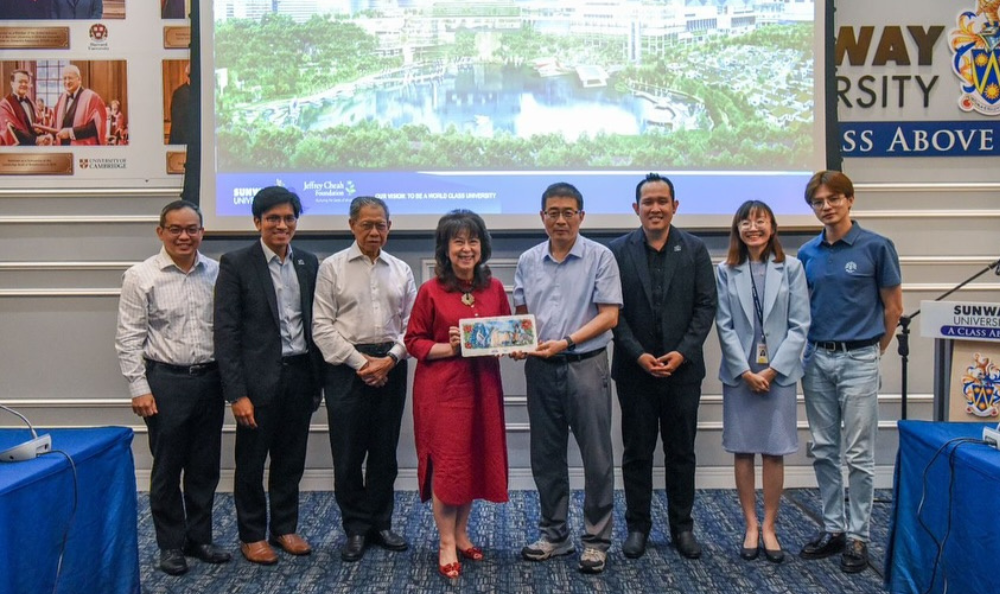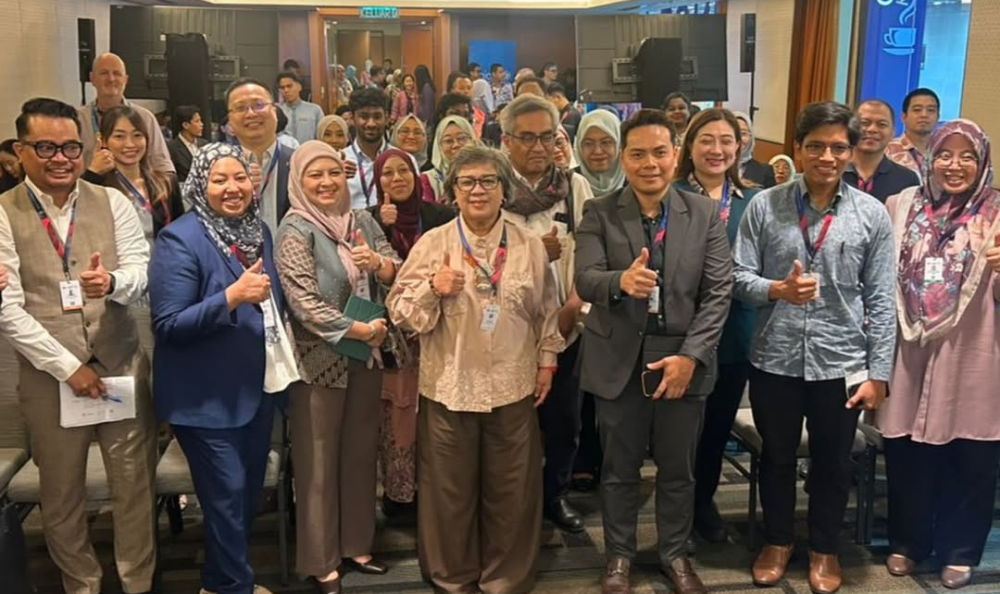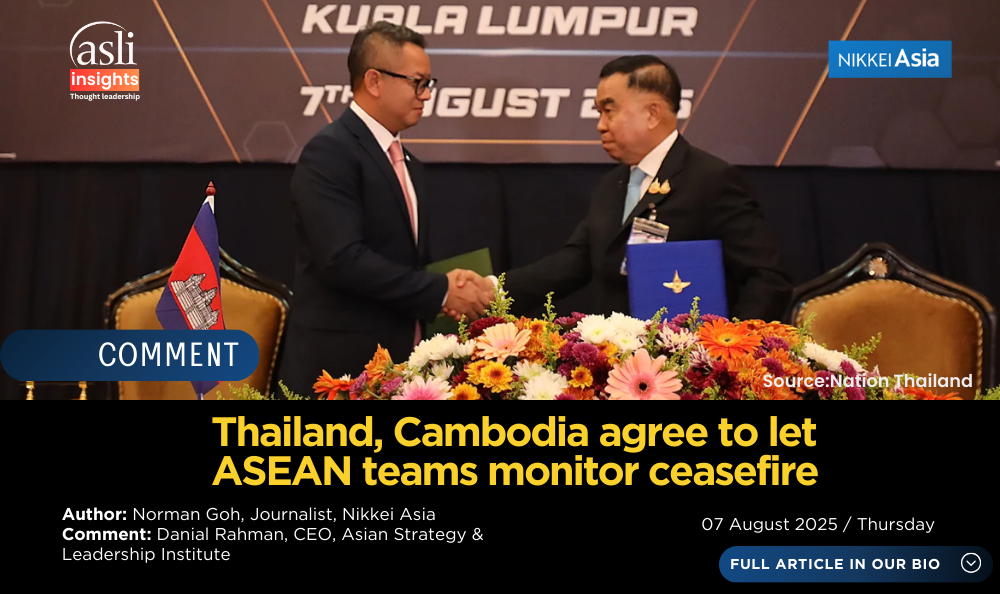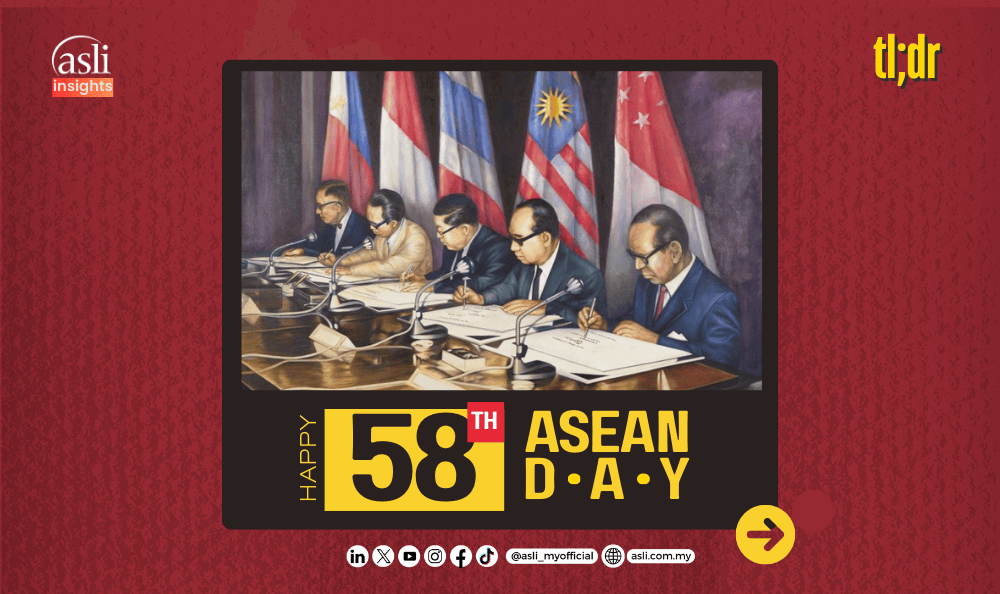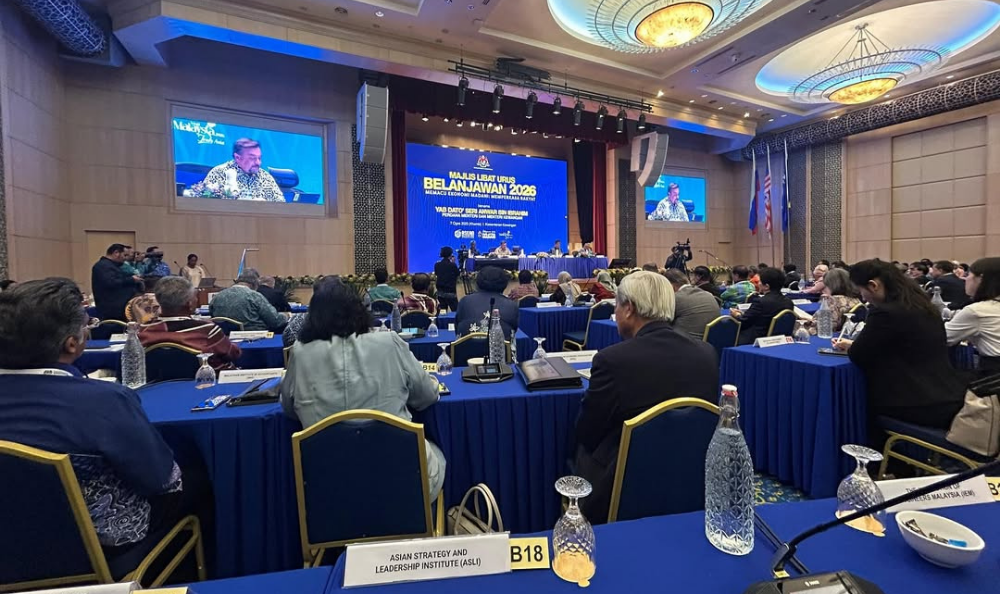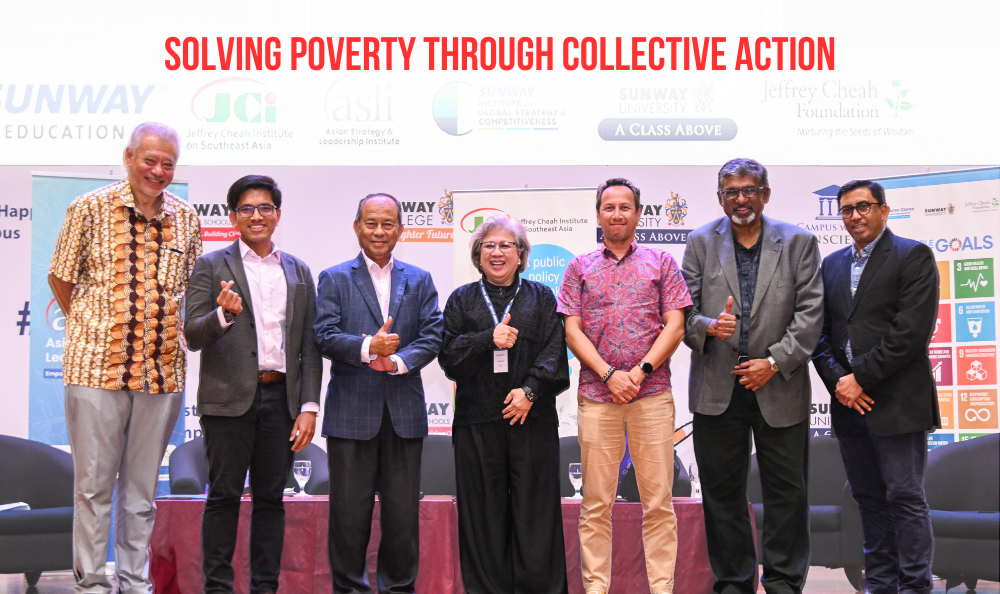
Solving Poverty Through Collective Action
ASLI was honoured to co-host a distinguished panel of experts at our forum, Multidimensional Poverty in Malaysia: Key Challenges & The Way Forward.
Moderated by ASLI CEO Danial Rahman, the session featured an engaging discussion with Tan Sri Sulaiman Mahbob, Prof Jomo Kwame Sundaram, Prof Mahendhiran S. Nair, Dr Muhammed Abdul Khalid, and Tan Sri Prof. Dr. Noorul Ainur.
The forum began with a fundamental assertion: Poverty is not just about insufficient income; it is a multidimensional reality that denies individuals the dignity of choice, opportunity, and well-being. Tackling it requires a paradigm shift in how we define, measure, and address poverty.
Some highlights:
- We should move away from rigid poverty indices toward a “dashboard approach” that offers a broader understanding of poverty’s dimensions.
- The “Bidan Kampung” model that successfully reduced infant mortality by 80% is an example of a small but truly successful social enhancement endeavour.
- There is an urgency to address food security through inter-ministerial collaboration (Education, Health and Agriculture).
- Once upon a time, the “Sarong Index” became a culturally relevant metric designed to capture the nuances of rural poverty and thus frameworks that resonate with local communities are vital.
- Aligning Policies with National Goals was vital to avoid policy contradictions, such as subsidising sugar while combating obesity and diabetes.
- Gender and Community-Centric Approaches: we need more gender-sensitive perspectives, linking the broken window theory to the need for women’s leadership and community empowerment.
- Inclusive governance and equitable gender representation within policymaking can create systemic ripple effects that benefit entire communities. (Now there are just 2 women secretary generals in government vs 7 during Tan Sri Noorul Ainur’s time)
- From Poly-Crisis to Poly-Opportunity: Prof Mahendhiran Nair described Malaysia’s current challenges as a “poly-crisis,” with overlapping issues that also present opportunities for innovation. Sharing Sunway University’s efforts with Mentari Court, he advocated for community-focused solutions, drawing on examples of participatory approaches that empower local populations and ensure equitable resource allocation.
- Historical Context and Current Challenges: Malaysia has made significant strides in reducing poverty over the past few decades. In 1970, the poverty rate stood at 49%, but by 2016, it had declined to 0.4% . This remarkable progress is attributed to comprehensive economic policies and targeted poverty alleviation programs.
- However, the forum highlighted that one of the significant challenges today is urban poverty. Rapid urbanisation has led to a rise in the urban poor, with some reports indicating that the urban poverty rate is higher than that of rural areas by 45%.
- Addressing this issue requires tailored strategies that consider the unique circumstances of urban environments.
- Call to Action: The discussions underscored the inadequacies of one-size-fits-all poverty measures. Participants urged a shift toward multidimensional strategies rooted in empathy, collaboration, and innovation. - Tackling poverty, they emphasised, is not just a policy challenge—it is a moral imperative that requires collective commitment to understanding and addressing the lived realities of those most affected.
Thank you to all participants for an inspiring session. ASLI looks forward to continuing this vital conversation at our next event.
Empowering Leaders, Advancing Societies.
